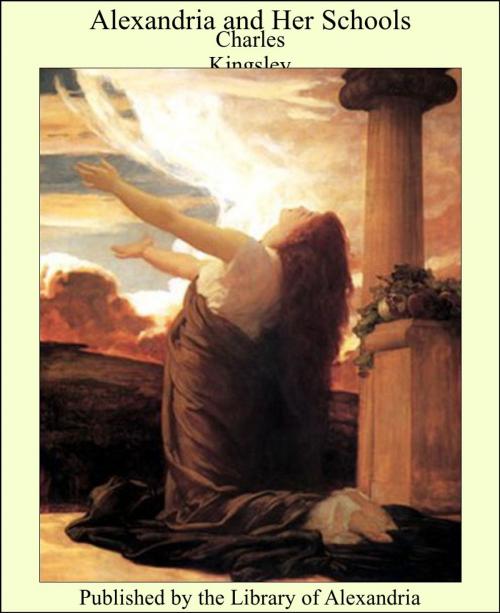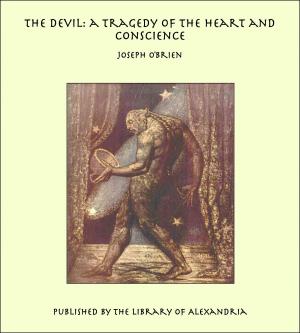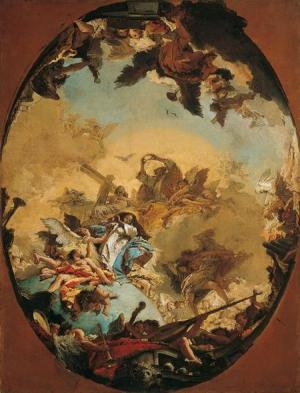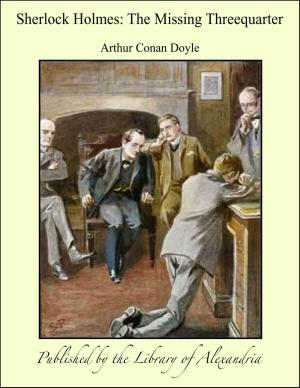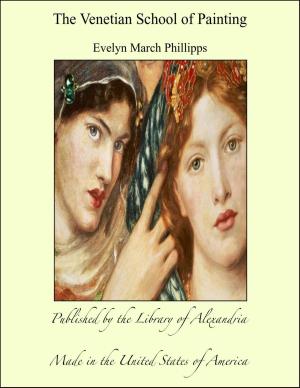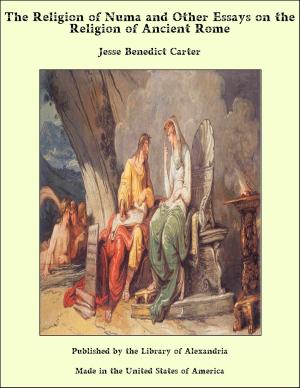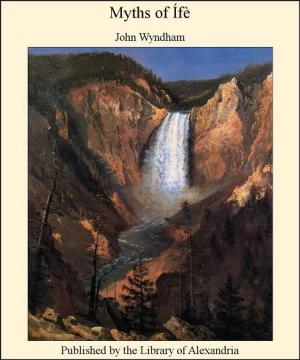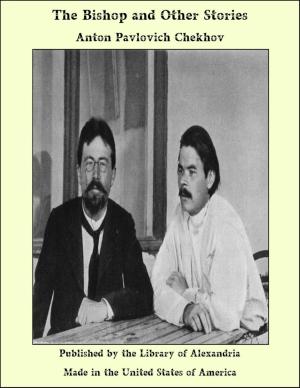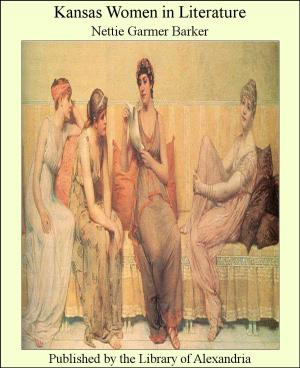Alexandria and Her Schools
Nonfiction, Religion & Spirituality, New Age, History, Fiction & Literature| Author: | Charles Kingsley | ISBN: | 9781613102312 |
| Publisher: | Library of Alexandria | Publication: | March 8, 2015 |
| Imprint: | Language: | English |
| Author: | Charles Kingsley |
| ISBN: | 9781613102312 |
| Publisher: | Library of Alexandria |
| Publication: | March 8, 2015 |
| Imprint: | |
| Language: | English |
Before I begin to lecture upon the Physical and Metaphysical schools of Alexandria, it may be better, perhaps, to define the meaning of these two epithets. Physical, we shall all agree, means that which belongs to [Greek text: phusis]; natura; nature, that which [Greek text: phuetai], nascitur, grows, by an organic life, and therefore decays again; which has a beginning, and therefore, I presume, an end. And Metaphysical means that which we learn to think of after we think of nature; that which is supernatural, in fact, having neither beginning nor end, imperishable, immovable, and eternal, which does not become, but always is. These, at least, are the wisest definitions of these two terms for us just now; for they are those which were received by the whole Alexandrian school, even by those commentators who say that Aristotle, the inventor of the term Metaphysics, named his treatise so only on account of its following in philosophic sequence his book on Physics. But, according to these definitions, the whole history of Alexandria might be to us, from one point of view, a physical school; for Alexandria, its society and its philosophy, were born, and grew, and fed, and reached their vigour, and had their old age, their death, even as a plant or an animal has; and after they were dead and dissolved, the atoms of them formed food for new creations, entered into new organisations, just as the atoms of a dead plant or animal might do.
Before I begin to lecture upon the Physical and Metaphysical schools of Alexandria, it may be better, perhaps, to define the meaning of these two epithets. Physical, we shall all agree, means that which belongs to [Greek text: phusis]; natura; nature, that which [Greek text: phuetai], nascitur, grows, by an organic life, and therefore decays again; which has a beginning, and therefore, I presume, an end. And Metaphysical means that which we learn to think of after we think of nature; that which is supernatural, in fact, having neither beginning nor end, imperishable, immovable, and eternal, which does not become, but always is. These, at least, are the wisest definitions of these two terms for us just now; for they are those which were received by the whole Alexandrian school, even by those commentators who say that Aristotle, the inventor of the term Metaphysics, named his treatise so only on account of its following in philosophic sequence his book on Physics. But, according to these definitions, the whole history of Alexandria might be to us, from one point of view, a physical school; for Alexandria, its society and its philosophy, were born, and grew, and fed, and reached their vigour, and had their old age, their death, even as a plant or an animal has; and after they were dead and dissolved, the atoms of them formed food for new creations, entered into new organisations, just as the atoms of a dead plant or animal might do.
